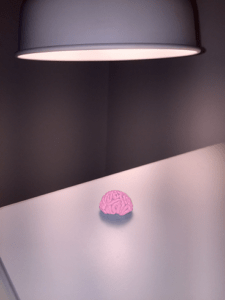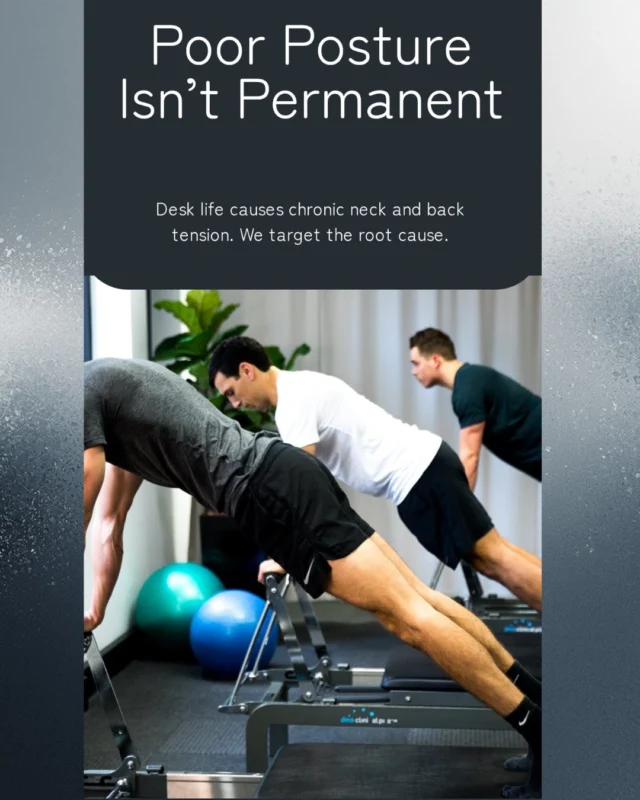 For centuries scientists believed that the brain was hardwired. They believed the brain developed during a critical period during childhood and then remains relatively unchanged for the rest of our lives. However, research has proven that the brain has the ability to change and adapt according to your experiences.
For centuries scientists believed that the brain was hardwired. They believed the brain developed during a critical period during childhood and then remains relatively unchanged for the rest of our lives. However, research has proven that the brain has the ability to change and adapt according to your experiences.
Leading author, researcher and psychiatrist Dr. Norman Doidge put it like this “It’s more like a plant than machine”. Meaning, the brain is both adaptable and malleable. Neuroplasticity is an umbrella term used to derive this quality of the brain.
By nurturing one’s neuroplasticity you improve your ability to learn new skills and respond to certain challenges such as a job promotion or how to put your Ikea furniture together when you’ve lost the allen key!
7 things you should know about your brain’s Neuroplasticity
- Genetics
Our genetic makeup does not determine the fate of our brains. Lifestyle factors are just as important to our brain development.
- Age is no excuse
People of any age can learn and develop new skills.
- Stress less
Chronic stress can reduce and even inhibit brain development. Memory and mental agility can be weakened by chronic stress.
- Let’s get physical
By engaging in exercise, you promote brain development through a variety of mechanisms such as increased blood supple to the brain and increased growth hormone levels. Some studies suggest that regular exercise may be a key factor in reducing the risk of dementia by 60%.
- Change things up
Routine activities do not challenge the brain. Try something different like learn a new dance, language or instrument. By challenging the brain to learn new skills you are engaging a part of the brain called the nucleus basalis, which is responsible for helping us to pay attention and consolidate new connections in the brain when we learn.
- Don’t get square eyes
A phase my grandfather used to use when we were watching TV. Some studies have suggested that watching TV is the only leisure activity to be associated with reduced cognitive function/activity.
- Sleep
While we are sleeping, our brain is processing new skills and memories, which are critical processes for improving brain function. We should be aiming for 7-9 hours of sleep a night.
If you want to know more about the brain and its ability to change check out some of the links below!
https://www.ncbi.nlm.nih.gov/pubmed/24607830
https://www.ncbi.nlm.nih.gov/pubmed/15919546
http://painhealth.csse.uwa.edu.au:8080/neuroplasticity.html
http://www.cardiff.ac.uk/news/view/33746-healthy-habits-reduce-dementia-risk





